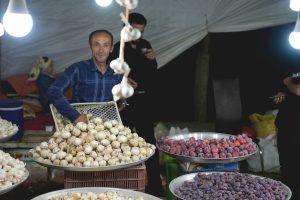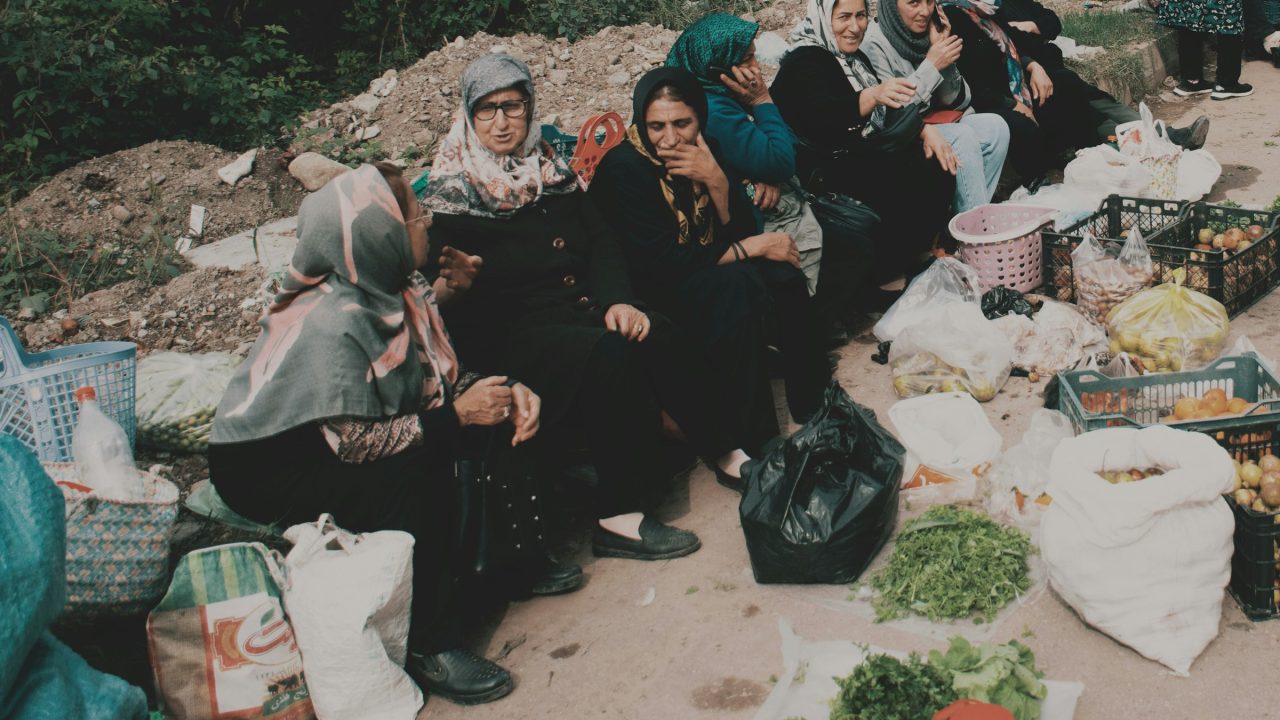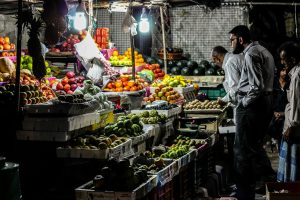Gaza’s blockade is not only about borders. It is about food on the table and medicine on the shelves. For over 15 years, restrictions on imports and movement have turned basic human rights into luxuries. Families live with constant shortages, while hospitals struggle to provide care.

Food Under Restriction
Every day, Gaza’s families face rising food prices. Fresh vegetables, fruits, and dairy are not always available. Farmers find it difficult to access land or sell their produce, while fishermen are often blocked from the sea.
Meals are often simple and repetitive, based on what is available rather than what is desired. Malnutrition among children is a growing concern.
Medicine as a Scarce Resource
Hospitals and pharmacies face critical shortages of life-saving drugs. Cancer patients, diabetics, and those needing kidney dialysis often find treatment unavailable. Surgeries are delayed not because of lack of doctors, but because of lack of supplies.
The blockade makes importing medical equipment and spare parts a bureaucratic nightmare.
The Human Cost
Behind every statistic is a family. A mother waiting for insulin for her child. A father searching for antibiotics. A grandmother hoping her cancer treatment will not be delayed again.
These are not abstract numbers — they are daily struggles.
Final Thoughts
The blockade’s impact is not just political; it is deeply human. Limiting food and medicine means limiting life itself.
👉 Share this story to raise awareness: access to food and healthcare is a human right, not a privilege.





